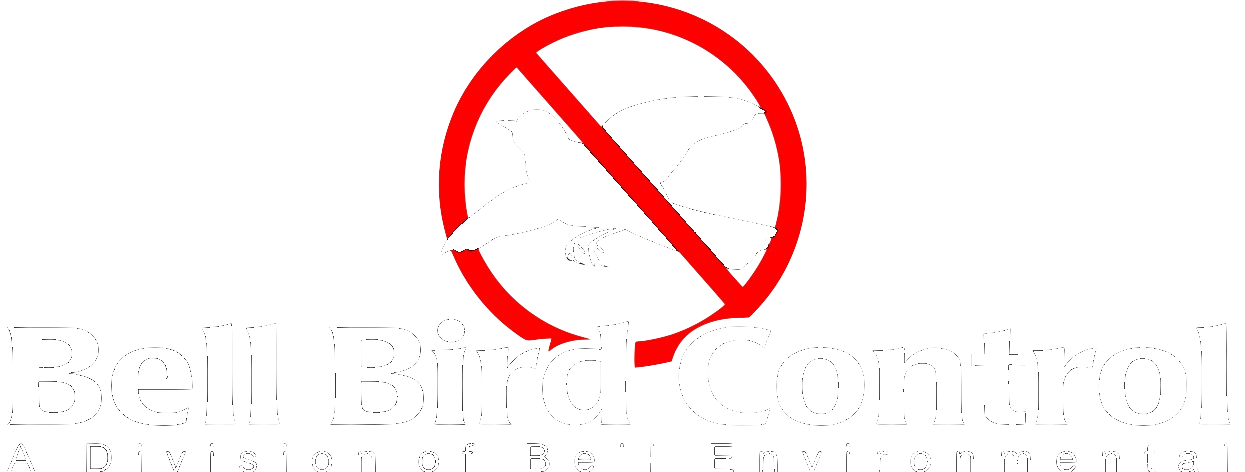
Pigeons
Understanding & Controlling Pigeons
Pigeons: The Sky’s Not the Limit—When They Start Nesting on Your Property
Pigeons are often seen as a harmless part of the cityscape, but when they start nesting on your property, the problems they bring can be far more serious than just their “cooing.”
Why Are Pigeons a Problem?
Pigeons love to perch on rooftops, ledges, HVAC systems, and anywhere they can find a safe place to nest. While they may seem like a minor nuisance, their droppings can damage building materials, clog gutters, and even cause structural issues. The acid in pigeon droppings is corrosive and can erode metal and stone surfaces over time.
But it’s not just the damage you can see. Pigeon droppings are also a health concern. Pigeons can carry diseases like histoplasmosis, cryptococcosis, and even avian influenza (bird flu). Their droppings can carry harmful bacteria and fungi, which, when dried and disturbed, can become airborne and lead to respiratory problems for anyone on the property. In some cases, these diseases can even be transmitted to humans.
Why DIY Solutions Don’t Work
It may seem like you can handle pigeons with DIY methods like using spikes or hanging shiny objects. However, pigeons are incredibly adaptable and can quickly find ways around these tactics. Even with deterrents, pigeons often return if the conditions are right. To truly eliminate the problem, a professional approach is needed.
Why Bell Bird Control Is the Best Solution
At Bell Bird Control, we specialize in custom bird exclusion solutions designed specifically for your building. From installing spikes, netting, and other non-chemical deterrents to more complex solutions like bird-proofing HVAC systems, we have the expertise to keep pigeons away for good. With over 15 years of experience, we understand the nuances of bird behavior and can provide long-term, effective results.
Bird exclusion isn’t just about putting up barriers—it’s about understanding your building and tailoring a solution that works for both your property and the birds. We also work closely with your maintenance team to ensure that food sources are removed and proper cleaning practices are followed to reduce the chances of attracting pigeons in the future.
Pigeons may be any city’s least favorite mascots, but they’re accepted when they are when they are the subject of a children’s book. When they start calling your roof and façade their home, it’s time to bring in the experts at Bell Bird Control and show them the exit!
FAQs
-
Pigeons (Columba livia) are medium-sized birds commonly found in urban areas worldwide, known for their grayish plumage and iridescent neck feathers.
-
They thrive in cities and towns, nesting on building ledges, bridges, and other structures that mimic their natural cliffside habitats.
-
No, urban pigeons are typically non-migratory and reside year-round in the same area.
-
They are omnivorous, feeding on grains, seeds, and human food waste.
-
Generally, they are not aggressive but can become territorial during breeding seasons.
-
Pigeons use cooing sounds and body movements to communicate, especially during mating rituals.
-
They can breed year-round, often laying two eggs per clutch.
-
The incubation period is about 17 to 19 days, with both parents sharing duties.
-
While not endangered, pigeons are protected under various local wildlife regulations.
-
Implementing bird control solutions like netting, spikes, and repellents can effectively prevent pigeons from roosting and nesting on buildings.
